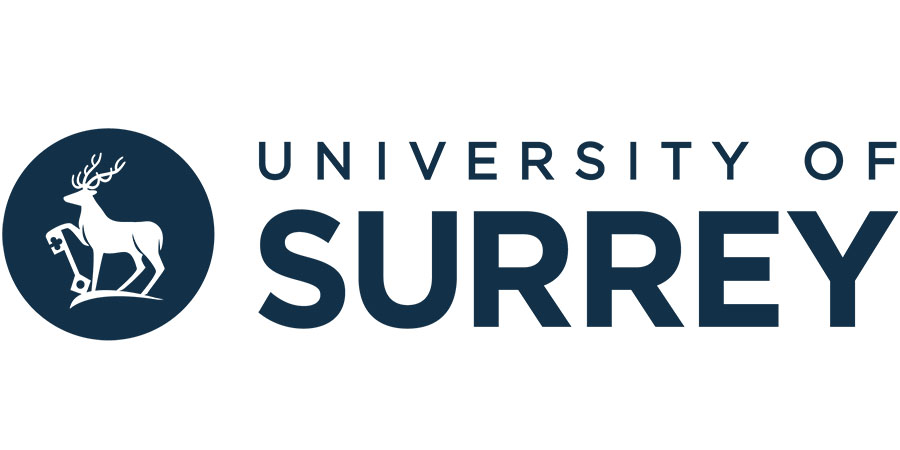PhD Studentship: Spatial Thinking and STEM - an Interdisciplinary Perspective
University of Surrey
| Qualification Type: | PhD |
|---|---|
| Location: | Guildford |
| Funding amount: | UKRI standard stipend £21,403 for 2026/27 academic year, fees covered, £7,000 (overall total) research training support grant. Funding is for 3.5 years. |
| Hours: | Full Time |
| Placed On: | 27th November 2025 |
|---|---|
| Closes: | 9th January 2026 |
| Reference: | PGR-2526-013 |
Applications are invited for a fully funded PhD in Psychology. The studentship represents an exciting partnership between the University of Surrey and GL Assessment. The successful candidate will be a member of CoGDeV lab in the School of Psychology, and will be supervised by Prof. Emily Farran, Dr Debbie Gooch and Dr Alireza Behnejad from the University of Surrey. You will also benefit from input from a parallel international project (in collaboration with Prof. Joni Lakin, Dr. Jonathan Wai, Prof. David Uttal) and industry collaboration via the partnership with GL Assessment (Dr Berny Brzyska).
Spatial ability involves perceiving the location, dimension and properties of objects and their relationships to one another; it is core to everyday living, e.g., reading maps, packing a suitcase. There is a robust body of research showing that children with good spatial abilities are better at maths and science (Atit et al., 2022; Hodgkiss et al., 2021). Relatedly, Spatial ability in childhood predicts adult expertise in Science, Technology, Engineering and Mathematics (STEM) (Wai et al., 2009). Despite the importance of spatial thinking, educational policy in England has little focus on spatial thinking. This could negatively impact opportunity to reduce attainment gaps and risks decelerating STEM advances.
This interdisciplinary project spans psychology, education and engineering. In collaboration with GL Assessment you will advance theory of the processes that support STEM skills by delivering the largest UK studies (>1 million children) of spatial-mathematics and spatial-science associations. Real-world application will include designing and evaluating a spatial training programme for engineering students. Uniquely, across all studies you will examine how individual differences moderate spatial-STEM associations thus addressing gender and diversity gaps.
Aligned with the recent Royal Society (2024) recommendation for “a stronger focus on spatial reasoning”, the findings of this studentship will advance theory of the processes that support STEM skills. Via a spatial training programme, you will provide evidence that teaching students to think and work spatially is an evidence-based, inclusive route to equipping the next generation to meet the heightened demands for problem solving and data use. Your findings will inform policy change and address diversity gaps.
Key references
Farran et al. (2025). https://doi/10.1111/mbe.70006
Hawes et al. (2022). https://doi.org/10.1037/dev0001281
Royal Society (2024). https://royalsociety.org/-/media/policy/projects/maths-futures/mathematical-and-data-education-policy-report.pdf
Supervisors: Prof Emily Farran, Dr Debbie Gooch and Dr Alireza Behnejad
Entry requirements
Open to candidates who pay UK/home rate fees. See UKCISA for further information. Starting in October 2026.
You will need to meet the minimum entry requirements for our PhD programme.
How to apply
Applications should be submitted via the Psychology PhD programme page.
With your application, please provide a 2-page project proposal, outlining a potential plan for your PhD research within this area. Within this, please include a 250 word lay-summary suitable to explain the purpose and value of the research to the general public. Please also submit a CV, 2 references and grades transcript.
Funding
UKRI standard stipend £21,403 for 2026/27 academic year, fees covered, £7000 (overall total) research training support grant. Funding is for 3.5 years.
Application deadline
9 January 2026
Enquiries
Contact Prof Emily Farran
Ref
PGR-2526-013
Advert information
Type / Role:
Subject Area(s):
Location(s):









